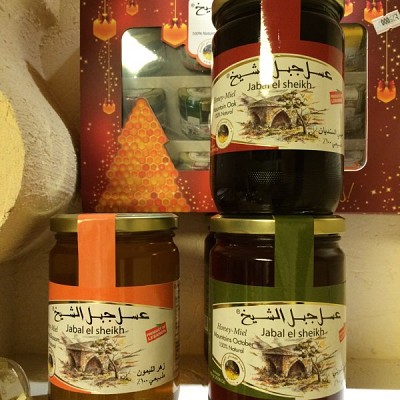Retirement should be a time for rest. After a busy career, you’ve earned the right to enjoy the finer things in life and take things at a slower pace. However, that doesn’t mean you have to give up all of your ambitions.
In fact, if you’re a foodie, retirement may be the perfect time to start a food venture. You already know which kinds of cuisines you love and have built a large network to support your idea.
Starting a food venture can be deeply rewarding, too. Creating a business or hosting community food events will give you a sense of purpose and reignite your passion in later life.
Home Brewing
If you have a passion for great food and brilliant beer, you should seriously consider a home brewing side hustle. Home brewing is the perfect food-industry venture for retirees, as you can work from home and will learn to love your unique craft blends.
Creating your brew from home is relatively straightforward, too. All you need to start brewing beer at home is:
- A fermenter
- An airlock
- Brew pot
- Siphoning tubes
- Hydrometer
- Bottling equipment
This equipment does come with a heady start-up fee, but you’re sure to recoup your costs quickly. Store-bought craft beer is increasingly expensive and is stripped of nutrients like vitamin B. Your beer, however, costs only as much as you’re willing to spend on key ingredients, which will include:
- Barley
- Malt
- Yeast
- Hops
- Finings
You can even save some money by using adjuncts as an alternative to malted grains. Just be sure to start the venture with an experimental mindset. It will take more than a few trial runs to produce a palatable beer that you and your friends will enjoy. Once you nail down the recipe, you may even want to use it to start a commercial venture in the food industry.
Food-Related Businesses
Opening a restaurant or craft brewery is sure to be a hit with your family and friends. However, if you want to run a successful business in retirement, you’ll need a clear strategy going forward. Start by estimating your start-up costs. Depending on the scale of your venture, you may need to pay some expensive fees for equipment, employee onboarding, and licensing.
You should also factor in fixed costs and estimate variable costs as these will play a crucial role in your business plan. A good business plan will also include key details like:
- An executive summary
- Market analysis and market segments
- Financial projections and funding needs
These details will be crucial if you need to raise funds for your firm. Banks and investors will only take your food venture seriously if you demonstrate an understanding of your market and can accurately predict your income.
Side-Hustles
You don’t necessarily have to start a restaurant to enter the food industry. Some of the best food-based side hustles include:
- Food blogging
- Food education
- Small-scale farming
- Food delivery
These side hustles are perfect if you’ve taken an early retirement and want to top up your pension. Going freelance and exploring options like food blogging ensures that you retain your freedom while bringing in some extra cash.
These ideas come with low start-up costs and are relatively engaging too. They allow you to share your experience and expertise with folks online while improving the quality of food education in your area. This helps you connect with your community and improve your friends and family’s quality of life.
Community Meals
Food-based ventures don’t have to turn a profit to be rewarding. Sometimes, simply deciding to create food for your community can be the perfect way to spend your retirement years. Research from the University of Oxford shows that eating with others in a social setting creates stronger bonds and helps you connect with your loved ones on a deeper level.
You don’t always have to eat around your living room table, either. Instead, consider kicking off retirement with a foodie vacation with your friends and family. This can reset your mental state, expose you to new cuisines, and help you connect over a shared love of food.
Turning to food for social engagement can be good for your community, too. There are plenty of soup kitchens around the country that need volunteers to feed people. Similarly Feeding America Food Banks provide an essential service that can transform people’s lives. Dedicating just a few hours a week is sure to expand your network and leave you feeling better about the state of the world.
Conclusion
Retirement is the perfect time to embark on a food venture. You have a wealth of food knowledge to draw from and plenty of time to explore your passions. Just remember to set aside some time for social eating, as getting around a table with friends and family is proven to boost your mental health and strengthen your bonds.






































